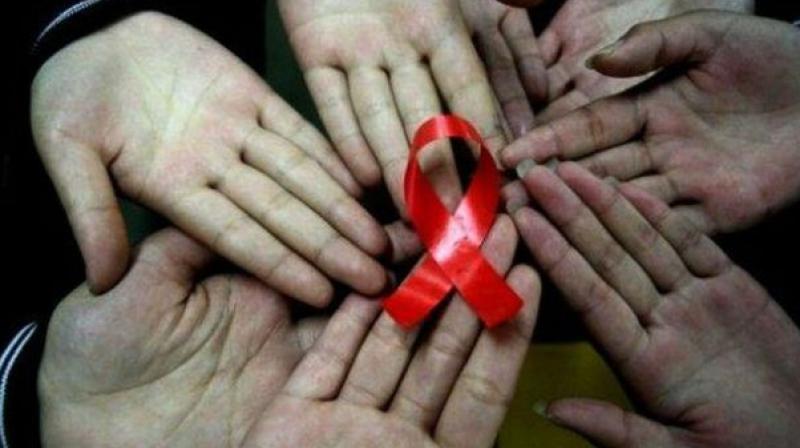People on treatment with suppressed HIV levels can't transmit virus

When the human immunodeficiency virus (HIV) is successfully suppressed by medication, people with HIV can't transmit the virus to others, according to a coalition of community health and HIV/AIDS organizations.
Modern drugs for HIV, the virus that causes AIDS, can often achieve viral suppression, meaning levels of the virus have been reduced to undetectable levels in the blood.
This week, the AIDS United Public Policy Committee issued a statement that said virally suppressed people on treatment can't pass HIV to others, and it recommended that healthcare providers and educators share this message with the public.
"We feel that the science is very strong on this and felt comfortable making that statement," said Ronald Johnson, AIDS United's vice president of policy and advocacy in Washington, D.C.
An expert not involved in the coalition told Reuters Health she didn't completely agree - but she did say the risk of transmission in such cases would be "negligible." People who start treatment for HIV with so-called antiretroviral therapy (ART) can be virally suppressed within 12 to 24 weeks, according to the U.S. Department of Health and Human Services (HHS). Viral suppression can be lifelong if people stay on their medicine.
Over 1.2 million people in the U.S. are currently living with HIV, according to the Centers for Disease Control and Prevention. Of those, 86 percent are aware of their diagnosis, 37 percent are on treatment to stop the virus from replicating and 30 percent are virally suppressed.
A study published last year in the Journal of the American Medical Association examined the risk of transmission between a person living with well-controlled HIV and their HIV-negative partner. Among 548 opposite-sex and 340 same-sex couples having unprotected sex, only 11 of the HIV-negative partners became positive over about a year and a half of follow up. None of the new infections could be traced back to the partners with HIV. (See Reuters Health story of July 12, 2016 here: reut.rs/2aMSuE9.)
Those researchers and others, however, did not go so far as to say the risk of transmission is zero. They emphasized that more data is needed - particularly for condomless anal sex.
"We felt looking at these studies, there is substantial evidence that we can come to the conclusion that people living with HIV that have sustained and undetectable viral load cannot transmit HIV," Johnson told Reuters Health. Dr. Michelle Cespedes, associate professor of infectious disease at Icahn School of Medicine at Mount Sinai in New York, said it's impossible to say transmission would never occur with condomless sex.
"To say there is absolutely no risk is maybe a little overstating it, but based on the evidence to date it’s a reasonable conclusion," said Cespedes, who was not involved with the AIDS United statement but described the risk as negligible.
She said she always recommends condoms and she offers pre-exposure prophylaxis (PrEP) to HIV-negative patients, which also significantly reduces their risk of contracting the virus.
The new statement calls for the HHS Antiretroviral Guidelines Committee to examine the issue and update its language. It also calls for laws and policies regarding HIV in the U.S. to be modernized to reflect current science.
Johnson said such changes, along with public knowledge that people living with HIV can't transmit the infection while on treatment and virally suppressed, will reduce stigma.
AIDS United also endorsed a consensus statement last year issued by the Prevention Access Campaign that made a similar determination about the risk of HIV transmission when the virus is suppressed.

